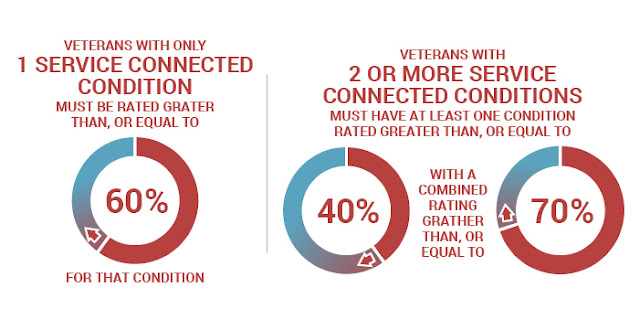Are You a Veteran?
Know Your Eligibility for VA Benefits
Many individuals who are eligible for VA benefits are unaware of their veteran status. It is a common misconception that one must have been in combat or retired from the military to qualify for VA benefits. In reality, eligibility for VA benefits is not limited to these specific circumstances. https://www.vadisabilityadvocate.com/veterans-qualifications-and-discharge
To determine eligibility for VA benefits, it is important to understand the definition of a "veteran." According to the law, a veteran is defined as "a person who served in the active military, naval, or air service and was discharged or released under conditions other than dishonorable." This definition encompasses a broad range of individuals who have served in the military. It includes service in the United States Armed Forces and, in certain cases, service in the organized military or guerilla forces of the Government of the Commonwealth of the Philippines in the service of the United States Armed Forces.
However, there are a couple of conditions that may prevent veterans from qualifying for benefits. Firstly, a dishonorable discharge can disqualify a veteran from receiving benefits. Veterans with honorable discharges, discharges under honorable conditions, and general discharges will still be eligible for benefits, but those with dishonorable discharges will not.
Secondly, willful misconduct can affect eligibility. Willful misconduct refers to conscious wrongdoing or engaging in known prohibited actions. Veterans seeking VA benefits due to disabilities created by their own willful misconduct will be ineligible for those specific benefits. However, it is important to note that the burden of proof lies with the VA to demonstrate that the veteran's willful misconduct directly caused the disability.
If you are unsure about your eligibility for VA benefits, it is recommended to consult with a veterans' advocate or reach out to the Department of Veterans Affairs for clarification. Understanding your eligibility can open doors to valuable resources and support that you may be entitled to as a veteran.
Remember, being a veteran goes beyond combat or retirement status. If you have served in the military under conditions other than dishonorable, you may be eligible for VA benefits. Explore your options and ensure you receive the recognition and assistance you deserve for your dedicated service to our nation.
Register for your free consultation: https://app.lawmatics.com/forms/share/3 ... fdac18ccf0
Albert L. Thombs
The VA Disability Advocate
VA Accredited Claims Agent #45147,
Phone: 702-209-5722
visit us at www.VADisabilityAdvocate.com
athombs@VADisabilityAdvocate.com








